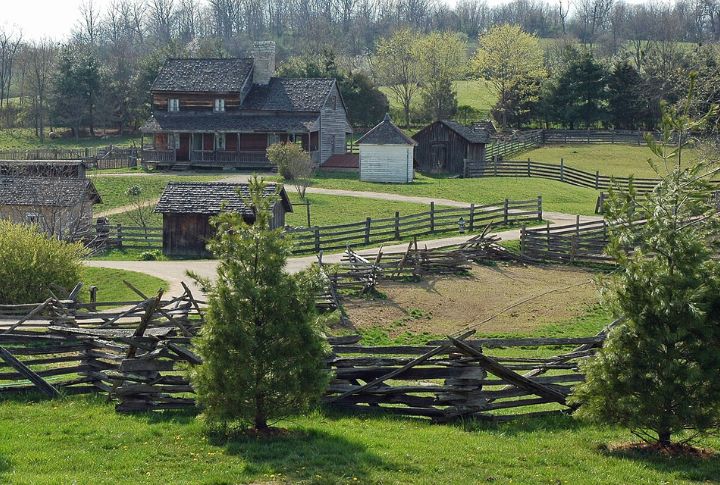
We all know the Hollywood West: shootouts and cowboys riding into the sunset. But frontier life was tougher and far more human. Through all the grit and struggle, a quiet set of powerful principles took root. Long forgotten by most, they still echo today. What follows isn’t just history—it’s a glimpse into the values that once defined us.
Never Waste

On the frontier, nothing was ever thrown away. Flour sacks turned into clothing, old curtains became kids’ outfits, and broken tools found new life. Even soap was made at home using wood ash and animal fat. Settlers reused everything—including nails pried from abandoned cabins. Waste simply wasn’t an option.
Protect The Weak
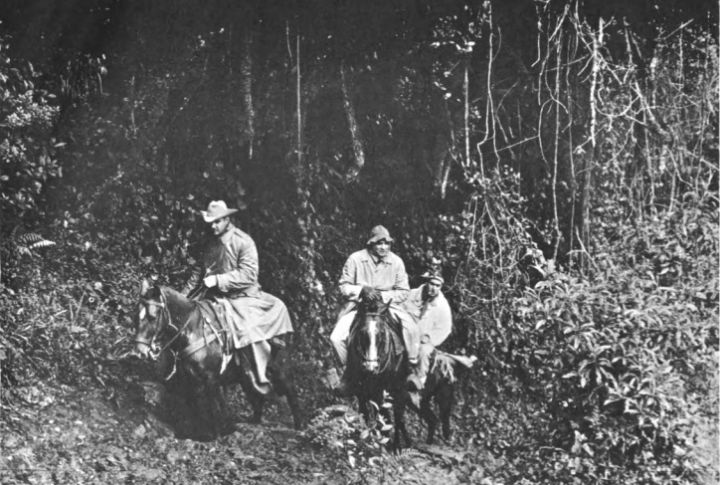
Defending the vulnerable was a sacred duty. Neighbors aided widows and orphaned children and would never leave an abandoned traveler stranded. If someone went missing, whole towns organized search parties. Settlers even left food caches along dangerous trails to help others survive.
Settle Disputes Without Bloodshed
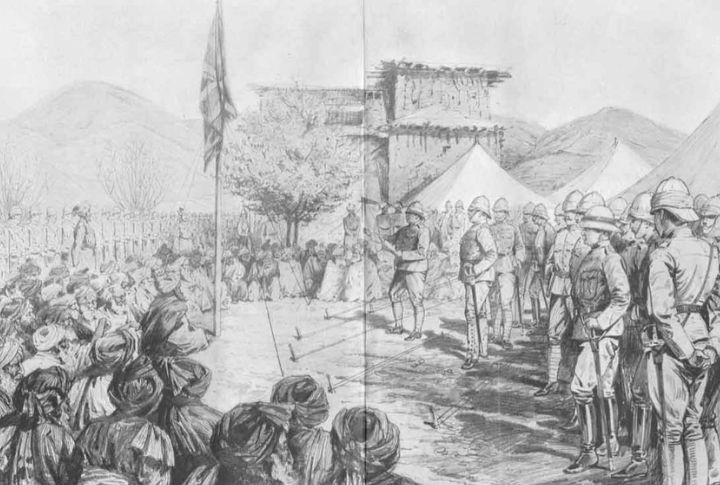
Contrary to popular belief (thanks, Hollywood), the frontier wasn’t a place rife with duels and gunfights at high noon. In fact, many frontier communities frowned upon dueling, further preferring to settle disputes without violence. Elders and community leaders often stepped in as mediators, working hard to preserve peace.
Honor The Fallen
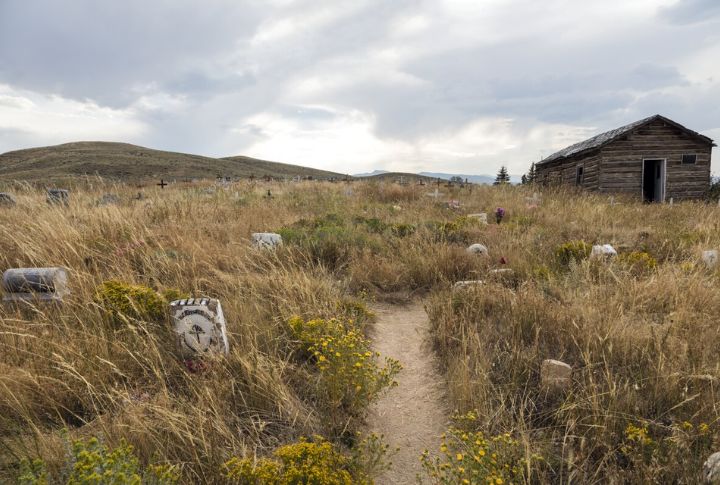
Long before many frontier towns raised saloons or courthouses, they raised cemeteries—solemn grounds that became their emotional center. Burial rituals were sacred acts of reverence, where even the roughest settlers paused for reflection. They were ceremonies attended by entire communities, donning their best to pay final respects.
Ride For The Brand
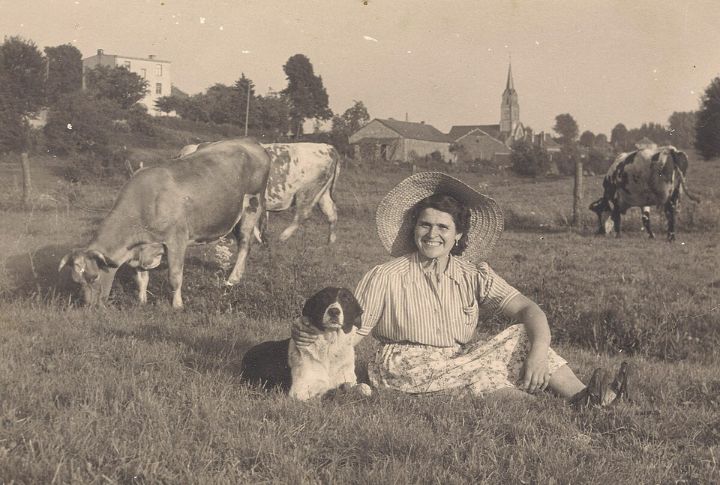
Cowhands risked their lives to protect the livestock and uphold the ranch’s name, with many ranches developing their own mottos and creeds to remind everyone of the values they stood for. And should rustlers dare to cross them? Well, that loyalty drove cowboys across state lines for justice.
Work Until The Job Is Done
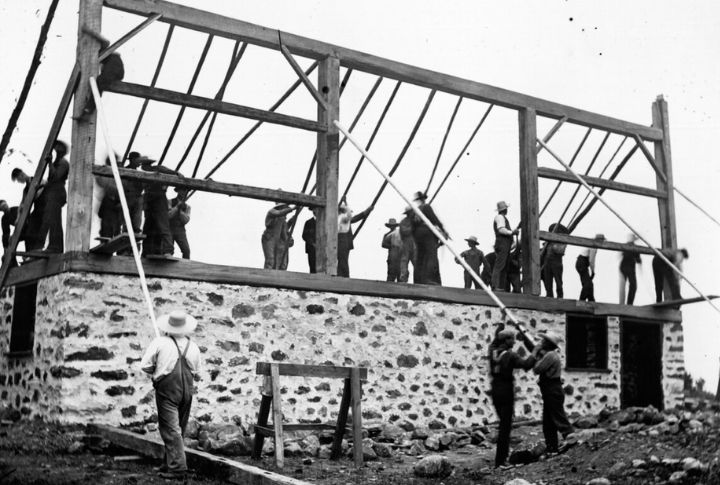
Life on the frontier meant long, demanding days—sunrise to moonlight was typical. Whether harvesting crops or raising barns, breaks happened only after the work was finished. When it came time for big projects, entire towns pitched in. Only after the task was complete did the celebrations begin.
Respect All Who Earned It
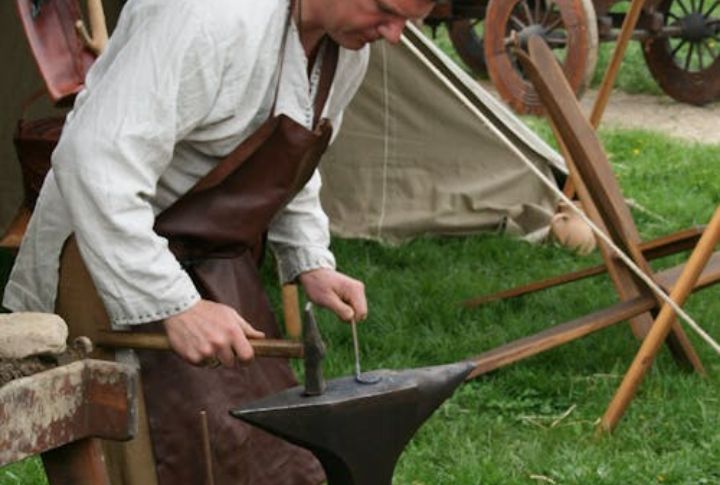
In a place where survival was a group effort, respect was earned, not given. It didn’t matter where you came from; what mattered was what you could contribute. A blacksmith, with his skill to forge metal, could hold more influence in the town than the local mayor.
Share What You Know
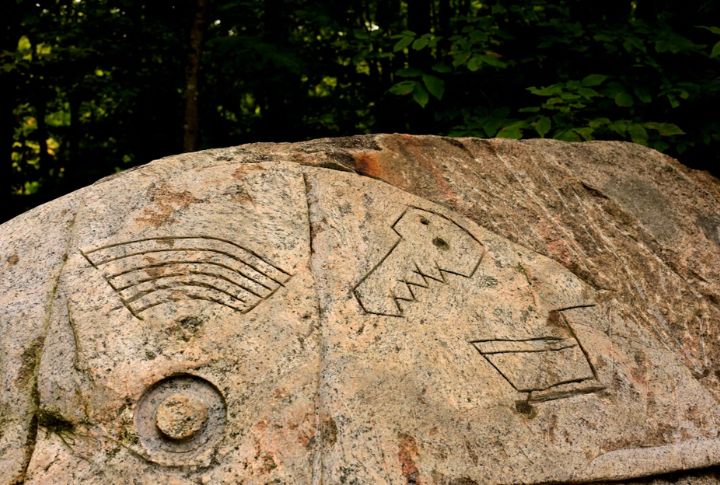
Knowledge sharing was the glue that held settlements together. Information about trails was spread through carvings and signals, while recipes and remedies became local folklore. “Word-of-mouth maps” helped countless settlers, and survival skills were regularly taught to newcomers. Children often learned to read from Bibles shared by the whole community.
Keep Your Word
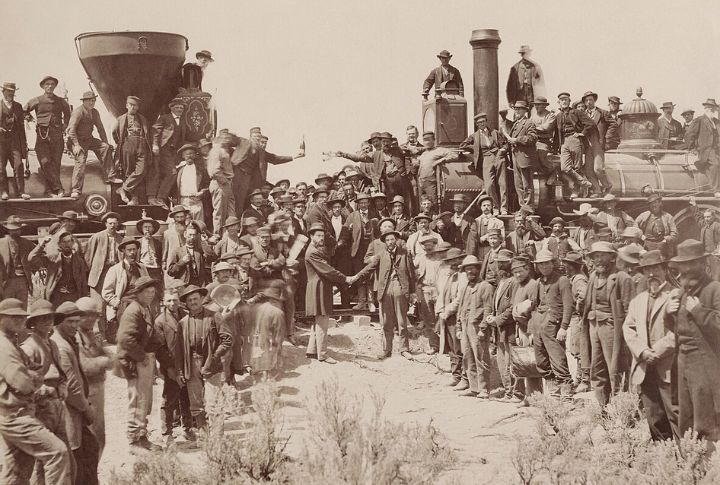
A man’s “yes” was stronger than a legal contract, because breaking that promise could mean being ostracized from the community. Even debts were handled informally, without paperwork or interest. The reputation of the individual carried more weight than currency in many parts of the West.
Help First And Ask Later
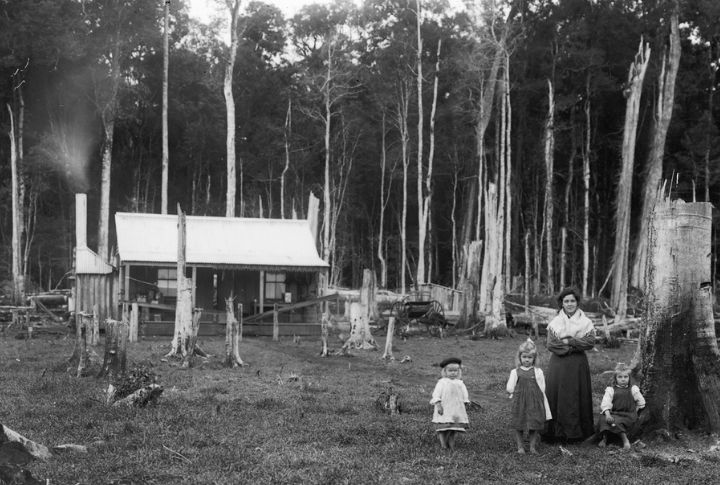
When someone knocked on your door in trouble, you helped—no questions asked. Interestingly, frontier families kept extra food on hand for passersby. Barns became makeshift hospitals during emergencies, and when fire or floods struck, people didn’t wait for permission to organize rescue brigades.

